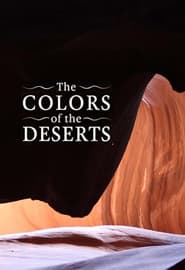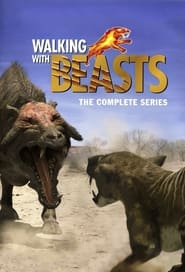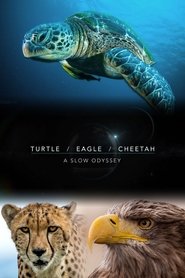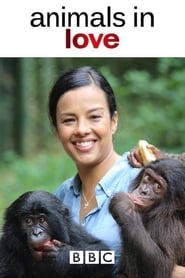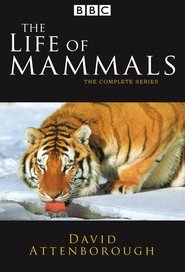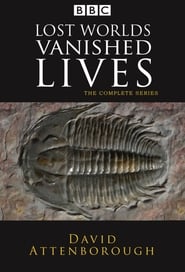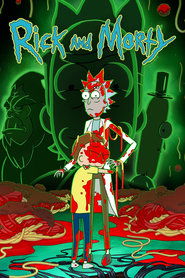
1 Lub Caij
12 Zaum
Trials of Life - Season 1 Episode 8
This programme details how fighting - both physical and psychological - is used for food, land or to gain a mate. Territorial conflict is demonstrated by the hummingbird, and Attenborough illustrates its aggressiveness by placing a stuffed specimen nearby, only to have it speared by its opponent's bill. The midas cichlid on the other hand, has no weapons to speak of, and so uses its mouth to hold on for trials of strength. By contrast, the forelegs of a mantis shrimp are powerful enough to crack the shell of another crustacean: therefore disputes or courtship are fraught with danger. Animals that possess lethal food-gathering weapons usually don't use them against one another, as neither side wishes to risk death. For example, one venomous snake will aim to floor the other, rather than bite. Wolves and big cats largely use snarls and body posture to convey their threat. There are no holds barred between rival zebras: kicking and biting is employed until a victor emerges, whereas giraffes slam their necks against each other. Normally peacable mountain gorillas are shown squabbling when play gets out of hand, and one of them communicates real fright by urinating uncontrollably. Large herbivores that have horns or antlers are naturally inclined to use them to assert their dominance over the females in a herd. Duelling male ibex and Alaskan bull moose undergo some of the most ferocious engagements - sometimes to the death.
- Xyoo: 1990
- Ncig Teb Chaws: United Kingdom
- Genre: Documentary, Family
- Studio: BBC One
- Cov ntsiab lus: wildlife, animals, nature, nature documentary, animal behaviour
- Tus Thawj Coj:
- Pov Pob Tseg: David Attenborough


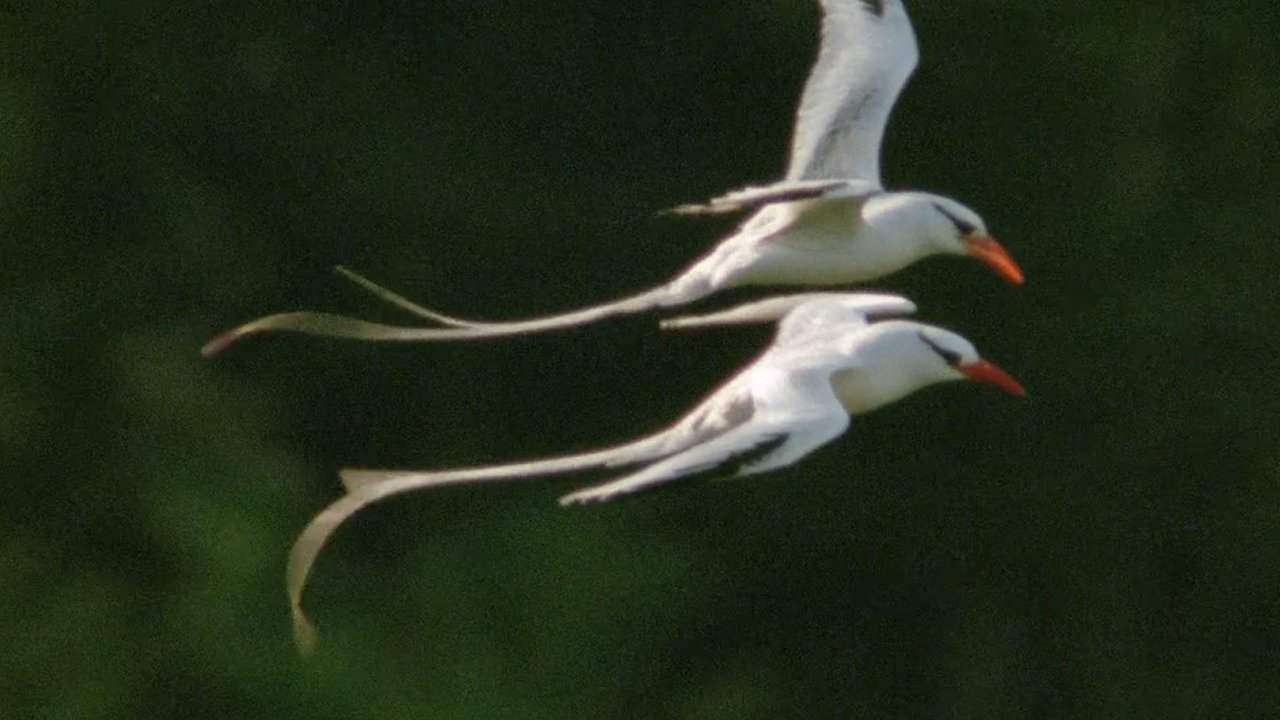
 "
" "
" "
" "
" "
" "
" "
" "
" "
" "
" "
" "
"